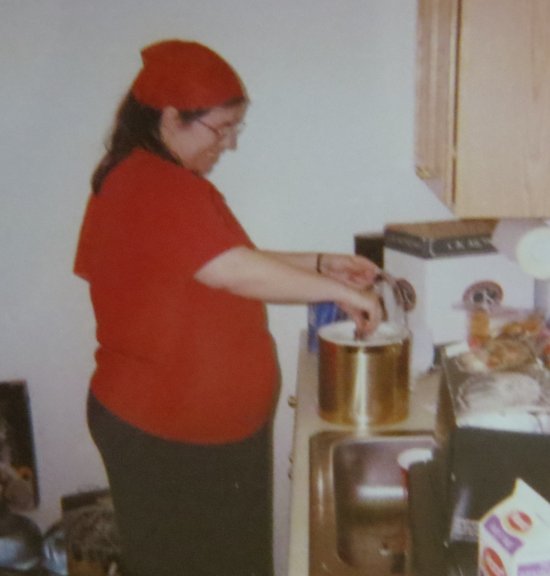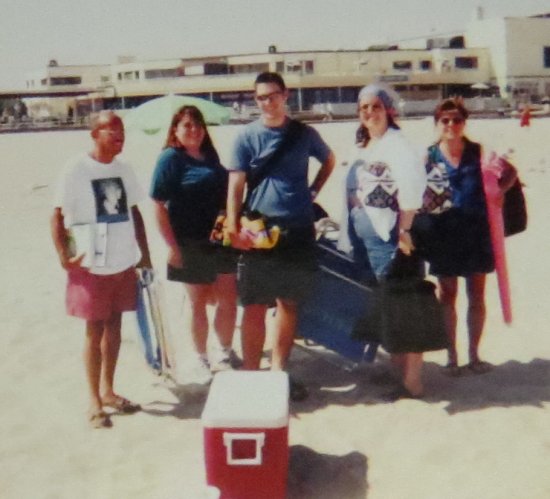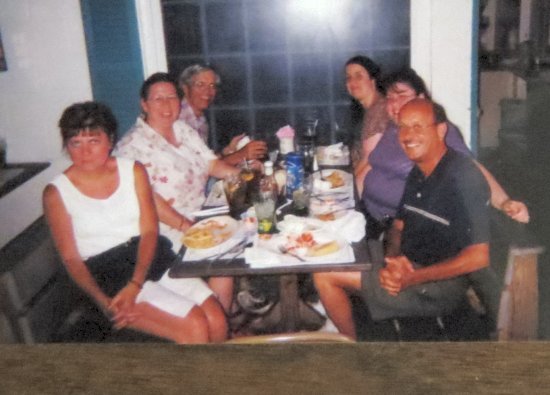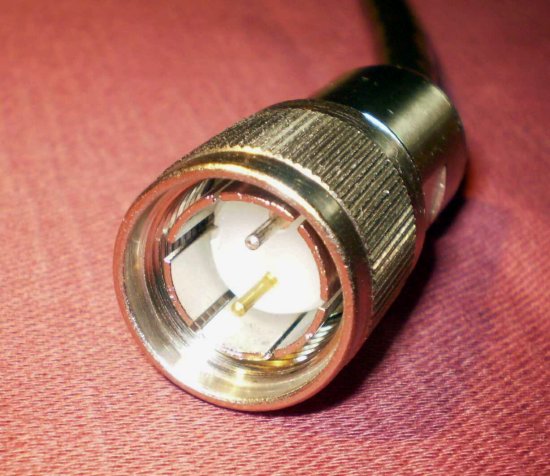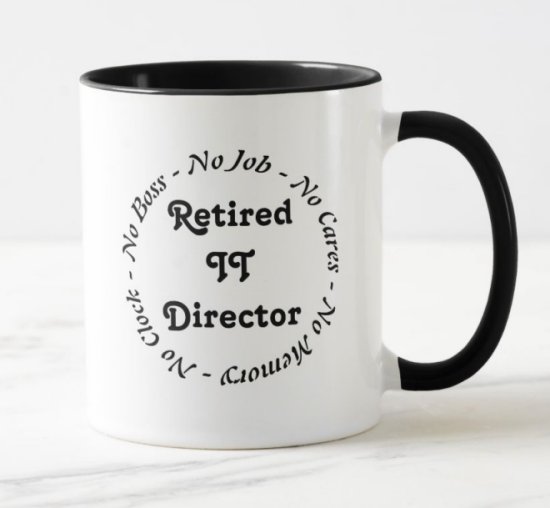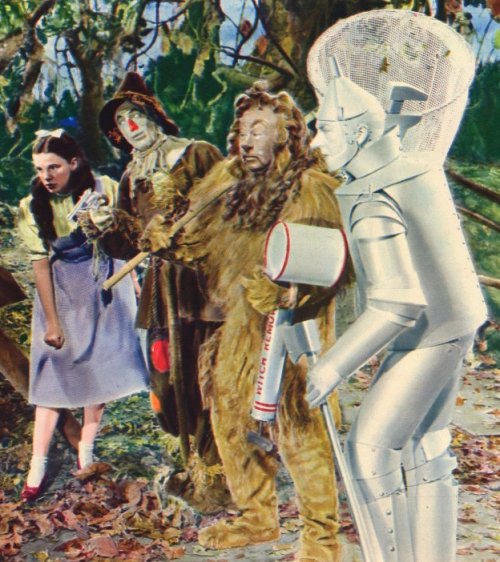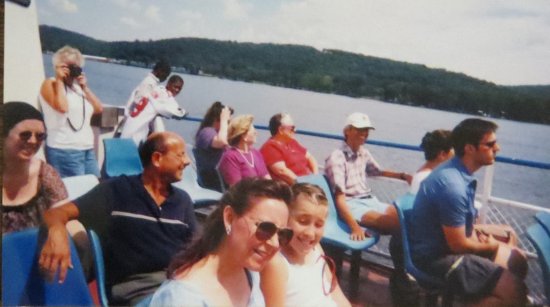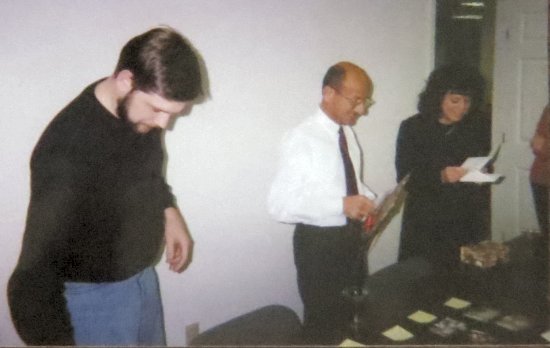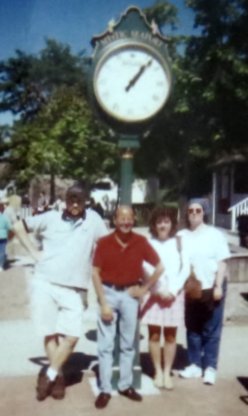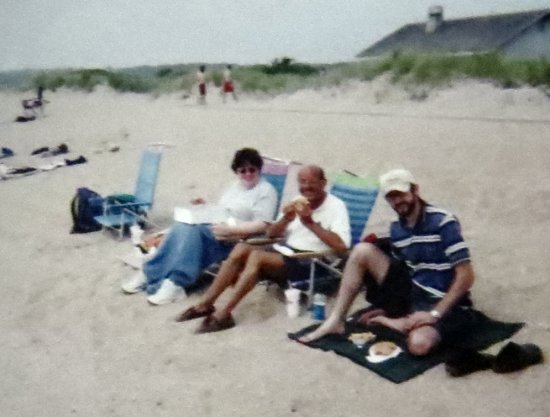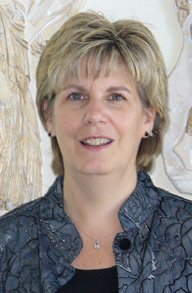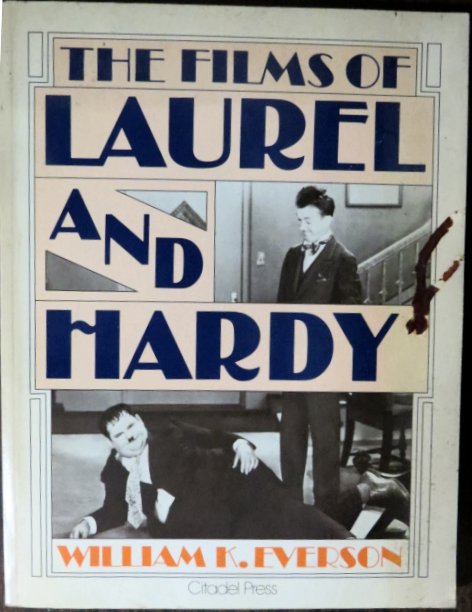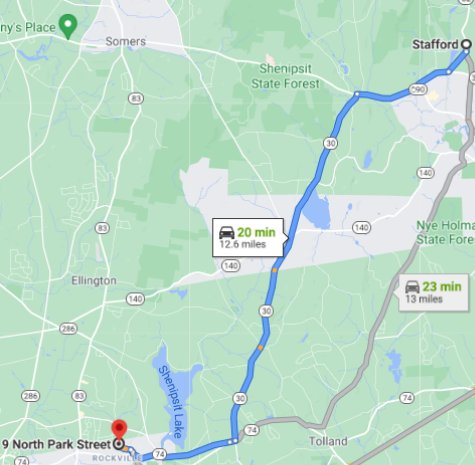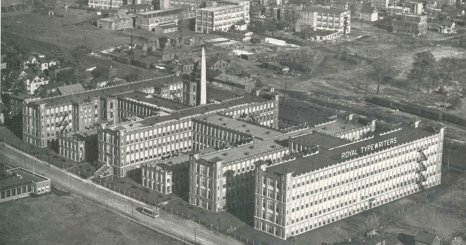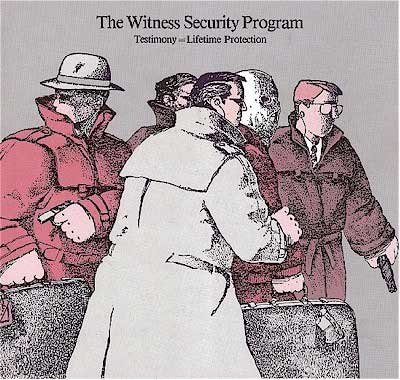From Nadine to Ashley. Continue reading
The resignation from TSI by my sister Jamie Lisella in the summer of 1999 (as explained here) left the company with neither an administrative employee nor a marketing director during a critical period. We were in the process of moving to a new location that Jamie had found, we had a huge backlog of programming jobs, and Denise Bessette (introduced here) and I were establishing a new working relationship (explained here) and trying to figure out how to adapt to the new world of the Internet.
Prior to this time I never had hired an administrative person. In each of the cases in this entry I wrote a help-wanted ad and ran it in the Hartford Courant and the Journal Inquirer. I kept a record of the responses in a spreadsheet. I interviewed a few of the respondents and then picked one or started over.
In 1990 the one whom I liked best was named Michele Stewart. At the end of August I called her on the telephone and offered her the job. She told me that she was probably going to accept another job because my description of our post sounded complicated. She was most concerned about the sales tax aspect. Perhaps I did not explain that computer programs provided all the numbers. The administrative person’s role was just to see that the forms were filled out, and the payments were made on time.
So, I ended up hiring Nadine Holmes, my second choice. Se was single and in her twenties. She took longer than expected to catch on to how TSI did things, but she had a good attitude. I wrote this on October 18:
Nadine came into my office at 4PM with a very solemn look on her face. She announced that she had to tell me that she could no longer work for my company. I sighed, leaned back in my chair, and folded my hands. Then she said, “The time goes by too fast here.” She has shown remarkable progress in the last few days. She is still a little sloppy, and her spelling needs work, but she definitely is a keeper.
By February of 2000 we had moved into our new office at 7B Pasco Drive in Enfield. The first month or so was hectic because of address changes and other transition issues, but then things slowed down. A few problems began to appear.
I had lunch with Nadine Thursday. I don’t know if I got through to her, but at least I think she has a little better idea of what the company is about. She told me that it is hard for her to get used to the idea that she is the low man on the totem pole and always will be as long as she works here. I told her that we planned to hire someone to help with marketing and that when we start marketing again, we will have plenty for her to do.
The next week I sent this e-mail to Denise:
I told Nadine that I want her to become an expert at Word and Excel. My real objective is for her to become reasonably competent at them. It may be useful for her to go through some of the exercises in the book that Harry1 had. I was hoping that we would have received the book to use as the basis for a mailing, but it didn’t come yet. If you can think of anything for her to do, by all means ask her to do it. I told her that I think of you as my alter-ego.
My recollection is that this was reasonably successful. She could maintain a spreadsheet if I told her precisely what to do. However, other problems arose. I wrote this on December 27.
I discovered before anyone came in that Nadine forgot to pay the sales tax in December. I was so angry about this that I was almost out of control. I got less than four hours of sleep on Monday evening. I needed to rest for a few minutes on Tuesday morning before everyone came in, but this made me so upset that I couldn’t do it. You will be happy to know that even though I had my boots on, I did not take it out on the furniture (but it was tempting). I didn’t yell at anyone either, but I was very grumpy.
The “boots” reference was about an occasion at our Enfield office on which I kicked a dent in one of our steel filing cabinets. By the middle of January I decided that Nadine was not the solution to TSI’s administrative needs. I explained my attitude to Denise.
I think that I found a good metaphor for Monday’s conversation. In addition to the part about a new direction, I plan to emphasize to Nadine that I want to hire someone who is “on the same wavelength” that I am on (or we are). If she wants more specifics, I will have a list of things that I asked her to do, but that she didn’t do or didn’t do until I hounded her about them. You can contribute to the list if you want.
I hired a woman named Paula to replace Nadine. I don’t remember her last name. She seemed to be more than intelligent enough to handle the job. The other big factor in her favor was that she lived in East Windsor almost within walking distance of the office.
On the other hand, she had at least one young child. Paula lasted less than a week. She called in sick while I was on a business trip. Denise was furious about this. I fired her, but I did not feel good about it.
She explained that she is having a lot of problems with her husband. She said that she was hoping that the job would either provide a solution to the problems or the wherewithal to let her stand on her own two feet if it came to that. This is about what I expected. I don’t know if I am happy that she told me or not. I have not been dwelling on this subject, but I still find myself waking up worrying about her.
I really liked working with Lucia Hagan (pronounced (LOO shuh HAY gun), who started in the spring of 2001. She was, in my opinion both a very nice person and a superlative employee. Her tenure coincided with a period that required the most administrative changes. TSI was in the process of setting up a system to manage the hundreds of newspapers that were beginning to subscribe to AxN. Accounts receivable and billing records had to be set up, and, for the first time ever, we needed to keep track of contracts.
Here are some of my memories of Lucia’s time at TSI.
- Lucia had a tattoo on one of her calves. I had never interacted for any length of time with anyone with a tattoo. Hers seemed out of place to me, but I guess that I should not have been surprised. She lived and grew up in Stafford, a town built around auto racing.
- Lucia was into NASCAR. She was especially a fan of Jeff Gordon, who drove #24 for Team Penske. She was upset when Penske “gave all of Gordon’s best cars to the kid”, meaning Jimmy Johnson.
- Lucia was amused that I napped in the computer room early in the morning and on weekends. She bought me a pillow and a University of Michigan pillow case that I am still using in 2023.
- Her husband Rick worked at Leonard’s Auto Parts in West Stafford2. She once remarked, “It’s not a real job.”
- Every year Lucia and Rick went overboard on decorations of their house in Stafford for Halloween. On two occasions I drove out to see their house just before Halloween.
- Lucia had no children.
- She was working at the time that we terminated Sandy Sant’Angelo’s (introduced here) employment at TSI. She asked to move to the space by the window that Sandy had occupied. I had been oblivious to the fact that she did not like sitting so close to the bathrooms. Presumably Nadine did not like it either. Needless to say, I concurred.
I never had any problems with Lucia’s work or her attitude, but I was dimly aware that something was amiss in her relationship with Denise. I arrived in my office at TSI early one morning after having returned from a multi-day trip. I was surprised that Lucia came to my office at about 7:30 and explained that she was not coming in to work. It took me a minute to realize that she meant that she was resigning immediately. I asked her what the problem was, but she did not want to talk about it. She was adamant that she could not work at TSI any longer.
I never did find out what had actually happened.
At the end of that year TSI sent Lucia a check for her share of the profit-sharing distribution, but she never cashed it. Over the years I have thought about Lucia many times when I drove on Route 190 through Stafford.
The choice to replace Lucia was easy. Eileen Sheehan-Willet (LinkedIn page here) stood out from the other applicants. She had previous experience in a small business, and she had an extremely positive demeanor. She did not catch on to new tasks as quickly as Lucia had, but each time she kept her nose to the grindstone until she had mastered every detail.
Here are some of my recollections of my second-favorite administrative helper.
- Eileen had a green thumb. She nursed the neglected plants in our office back to health.
- I met Eileen’s husband’s a few times, but I don’t remember his name. My most vivid memory is of the extremely overcast day on which I forgot to extinguish my Saturn’s headlights before eating lunch and enjoying my postprandial nap in the park near the Connecticut River. Eileen called him. He picked me up in his truck. When we arrived he charged the battery with a stand-alone unit. It took only a minute or two.
- I don’t think that Eileen had any children.
- While working at TSI Eileen was diagnosed with cancer in one of her legs. She was the only employee who ever filed a claim on the disability policy that the company maintained for two decades. I worried about her subsequent use of the stairway that was the only entry to or exit from TSI’s office, but she had no trouble with it when she returned to work. It was a very nice feeling that she could recover from such a serious issue.
After a few years Eileen and her husband decided to move to New Hampshire. I seem to recall that it had something to do with his job. She gave us several weeks notice, and so there was time for her to train her replacement.
The person whom I hired to replace Eileen was named Debbie Hlobik. She had a son who gave her some problems and a daughter. Eileen warned me that, although Debbie was certainly capable of doing the job, she worried about her attitude. This assessment turned out to be prescient. Debbie was married and had a son whose behavior gave her a lot of problems. I am not sure what she wanted to do with her life, but she eventually made it quite clear that it did not involve TSI. I finally had to fire her. When I did, she said that I had nothing to be sorry about. She immediately applied for unemployment benefits.
Perhaps the strangest few weeks in the history of the company was after I had hired Chrissy Ralph or maybe it was Chrissy Poloski to replace Debby. Chrissy seemed fine in the interview and for the first few weeks. At some point she either got married or divorced (I don’t remember which) and changed her name. After that her behavior became erratic. One day she left at lunch time and never returned. She had written and signed a letter detailing her resignation and left it on her desk next to her PC. I also found several unpaid bills in her desk drawer, including sales tax bills for a few states. TSI had to pay fines on a few of them.
Then, unbelievably, she filed for unemployment benefits and claimed that I had fired her. Denise and I contested the filing, and the state arranged for a hearing of the case. Chrissy did not appear, and her claim was terminated forthwith.
The hiring of our last administrative person, Ashley Elliott, in 2010 put an end to our losing streak. Although I spent several years working with her, I have a hard time coming up with any anecdotes at all. She certainly did a good gob. She seemed to be rather friendly with Jason Dean, TSI’s programmer during her tenure at TSI. They were both more than a generation younger than I was.
She was still employed with TSI when the company shut down in 2014 (described here). Here is the letter of recommendation that I wrote for her.
To Whom It May Concern:
I am the president of TSI Tailored Systems, Inc., a small company that has designed, implemented, installed, and supported computer software for thirty-five years. Ashley Elliott has served as our administrative person since April 26, 2010. Before that she worked for a temporary employment agency and was assigned to our account for three months. We were so pleased with her work and her attitude that we offered her permanent employment. This was the only time in the long history of the company that we have done that.
Ashley’s job at TSI involved many diverse tasks. Essentially she was responsible for almost everything except for development and support of the software. She managed both the Accounts Receivable and Accounts Payable systems and used our home-grown computer systems to generate invoices, statements, and numerous reports. She was very good at interacting with both customers and vendors. She managed the cash flow in Excel, filed sales and use taxes online in many states, and did most of the work required for closing the books every month. She also was responsible for routine purchasing and other aspects of managing the office.
Ashley did very good work for TSI. It takes a special type of person to be able to execute such a large number of small tasks, some menial and some challenging, and Ashley adapted very well. My partner and I have been very impressed with her attitude and her ability to get along with everyone in the office. We came to depend upon Ashley, and she did not disappoint us. She made the trains run.
Ashley’s termination had nothing to do with her work, which was of consistently high quality. Business conditions necessitated that we close the company rather abruptly.
I wholeheartedly and unreservedly recommend Ashley for any similar position. I would be very happy to talk with any prospective employer about her work at TSI. I can be reached at Mike@Wavada.org or 860 386-0700 (through July 31, 2014) or 860 763-3694 (home).
Of all of the blog entries that I have written this one was the most frustrating to write. I worked with these people for a total of thirteen years, but I had trouble remembering any details. Furthermore, aside from my experience with Nadine, I found little in the way of notes. I recently discovered some spreadsheets dated in 2006 (Eileen?) and 2009 (Ashley?) concerning recruitment of administrative assistants. I am at a loss to explain the fact that none of the names on the list seem even vaguely familiar. There was one person named Paula. She may have been the same as the short-term employee described above, but the last name and the year did not seem right.
I also searched on the Internet for information about the women who handled the administrative functions to determine what they had done since leaving TSI. I found almost nothing about any of them.
I have had a few email exchanges with Lucia and Eileen, but otherwise no communication. It puzzles me how I could have worked fairly closely with these people for such a long time, but until I tried to put this page together, I hardly gave them a thought.
1. This was a reference to Harry Burt, a programmer at TSI who was introduced here.
2. Leonard’s was in business long after Lucia left TSI. I drove by it many times on the way to and from bridge tournaments. At some point it became Carquest Auto Parts. On my last drive past it in August of 2023 I noticed that the store appeared to be out of business. Its website was no longer working, and the Facebook page indicated that the owner had retired.
3. Debbie died in 2019 at the age of 60. Her obituary is posted here.



